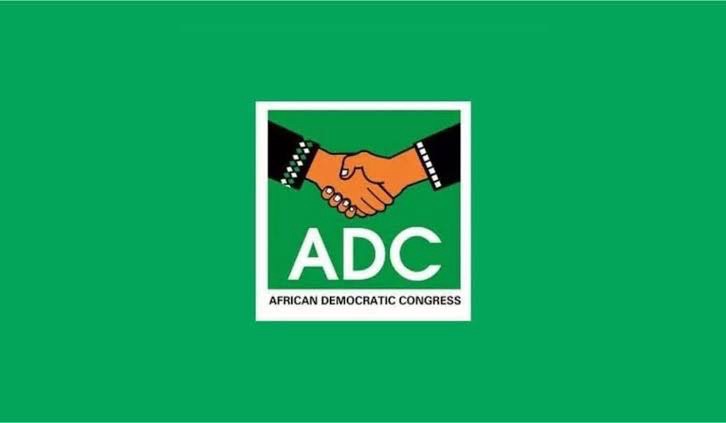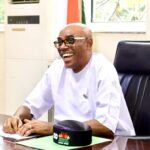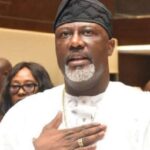The African Democratic Congress (ADC) has openly criticized the Peoples Democratic Party (PDP) and the All Progressives Congress (APC) for initiating discussions around zoning their presidential tickets for the 2027 elections.
The ADC argues that such moves indicate a troubling disconnect from the pressing challenges faced by Nigerians today.
In an appearance on Channels Television’s The Morning Brief on Tuesday, ADC spokesman Bolaji Abdullahi expressed concern over the political elite’s preoccupation with future electoral strategies while neglecting the immediate needs of the populace. “The general election is still two years away. Why are we so preoccupied and behaving in such a way that Nigerians begin to look at the political elite across the divides as if we don’t care about them?” he questioned, highlighting the growing frustration among citizens who are grappling with various socio-economic issues.
The PDP recently announced that it has zoned its 2027 presidential ticket to the South while maintaining its national chairmanship in the North. This decision was made amidst increasing speculation about the party’s direction as it prepares for the upcoming elections. Similarly, in May, a coalition of 22 governors from the APC and other party stakeholders endorsed President Bola Tinubu, a southerner, as the party’s sole candidate for the next presidential election. Both parties justified their decisions by citing Nigeria’s unwritten tradition of power rotation between the North and South, a practice that has historically shaped the political landscape of the nation.
However, Abdullahi dismissed these zoning decisions as mere political maneuvering, suggesting that both the PDP and APC are displaying insensitivity to the plight of ordinary Nigerians. “They are very experienced people, and they know the implications of showing their way too early,” he said. Abdullahi speculated that the timing of these decisions could be part of a larger political strategy, possibly aimed at rallying support or maneuvering against potential challengers.
Despite the apparent political gamesmanship from the two major parties, Abdullahi emphasized that the ADC is not deterred. He pointed out that the ADC boasts a pool of qualified aspirants interested in the presidency, countering claims that the coalition was formed to serve a singular candidate.
He noted prominent figures such as Alhaji Atiku Abubakar, who recently declared his intent to run for the presidency, as well as others like Peter Obi and Rotimi Amaechi, all of whom have shown interest in the upcoming elections.
Abdullahi reinforced the notion that the ADC is focused on building its party infrastructure rather than succumbing to the pressures exerted by the PDP and APC’s decisions. “We are not bothered with what the PDP has done. Nigerians can see right into it. PDP people are not naïve; they are very experienced politicians. For them to take that decision two years ahead of the presidential election, there must be a game on, and we can see right through it,” he stated. The ADC’s approach appears to be one of cautious optimism, as they strive to maintain their independence and appeal to voters disillusioned by the mainstream political parties.
Furthermore, Abdullahi indicated that the ADC has yet to engage in discussions regarding the zoning of its presidential ticket. He emphasized that the party’s priority lies in convincing Nigerians that it offers a viable alternative capable of alleviating their current hardships. “As far as the ADC is concerned, we are not having that kind of conversation now. What is most important to us is to mobilize at the grassroots and put up structures,” he said, underscoring the coalition’s commitment to community engagement and political organization.
In conclusion, while the PDP and APC focus on zoning their 2027 presidential tickets, the ADC seeks to carve out its identity and strengthen its grassroots presence. As the political landscape evolves, the ADC aims to present itself as a credible alternative that prioritizes the interests and welfare of Nigerians, rather than indulging in the political theatrics that often characterize electoral politics in the country. With the general election still two years away, the ADC’s strategy of focused mobilization may prove crucial in shaping its role in Nigeria’s political future.


